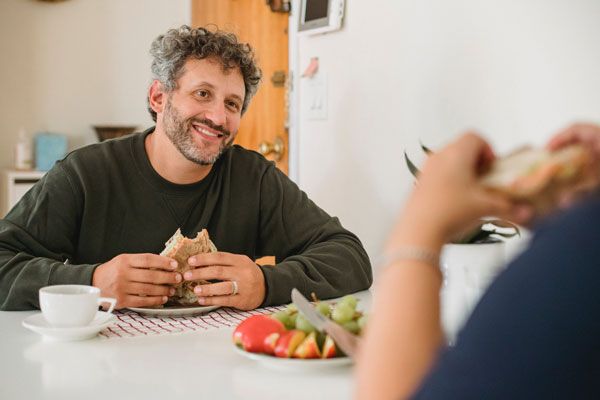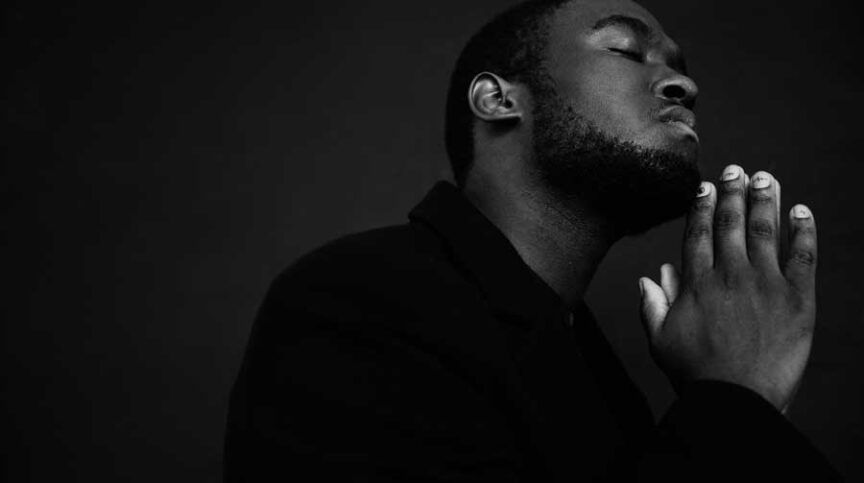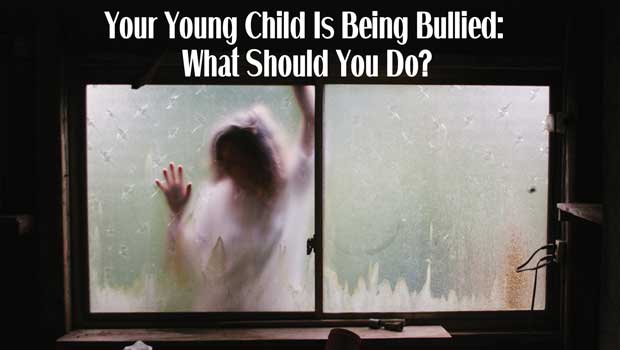There was an interesting story posted on a website a few years ago — “When I was young, my mom and dad sat down to eat breakfast while I was playing nearby. I could tell that my mom had burned the toast, because I could smell it. I wondered what my dad would do — eat the toast or complain. Yet all my dad did was reach for his toast and smile at my mom, and as usual, thank her for the breakfast. I remember watching him smear butter and jelly on that toast and eat every bite! My mom apologized to my dad for burning the toast and I’ll never forget his reply: ‘Honey, the toast is just to fill my stomach, but you fill my heart. I appreciate everything you do.’ He smiled and reached for her hand. I felt like the luckiest child in the world!’”
After that story was a comment from the person who posted the story: “This simple story shows that by graciously overlooking shortcomings, spouses can increase their affection and avoid conflict. What a great gift to the children when parents love each other this way!” One individual read the story and then posted this in the comment section: “I read your story about burned toast. It’s a nice story but it makes me think that this kind of candy-coated attitude with a spouse would reinforce the mistake or bad behavior. How would the wife be careful the next time not to burn the toast unless the husband showed her or told her how upset it made him, that she didn’t care enough to make sure that it didn’t happen. How do you answer that?”
No answer was provided after that comment. But here is an answer. When a husband or wife or child lives in an environment in which everyone feels part of a team, each one supporting and reinforcing the strengths of the other family members, and each one extending tolerance and forgiveness to other family members for their weaknesses and mistakes, then each and every one of them is predisposed to striving to do their best in all aspects of their lives.
Husni-zann
The willingness to overlook shortcomings rests in the trait of husni-zann, choosing to perceive and interpret everyone and everything in the most favorable and charitable light. After his release from prison, Prophet Yusuf (s), was restored to a position of great dignity and power after being betrayed by his brothers. He was ultimately reunited with them, and despite the betrayal, he forgave and embraced them as his cherished family. Certainly, among the stories of the prophets there are so many examples of tolerance and forgiveness.
The story of the burned toast seems straightforward and pretty simple in its message — to be tolerant and forgiving of someone else’s mistake or shortcoming. Yet if we look more closely, we see that there are quite a few aspects of insight and wisdom for us to glean from this simple story:
• Making your spouse feel like a treasure opens his or her heart so that there is a mutual surrender to love.
• Creating a positive beginning to the day ensures that everyone present is sent off into the world to their various engagements or activities (job, school, etc.) with a cheerful, confident, and hopeful outlook.
• Behaving and speaking to one’s spouse in a loving way gives a gift to the children that is an investment in their future happiness and success in their own marriage relationship. It fortifies their belief in loving relationships and guards them from the disillusionment that comes from witnessing a relationship filled with conflict and unhappiness.
• By acting in a kind and tolerant way, we are spreading the inclination to kindness and altruism. A collaborative study done by researchers at University of California, Los Angeles, University of Cambridge, and University of Plymouth in the United Kingdom, shows that being the recipient of a kind act or witnessing someone doing an act of kindness is likely to cause us to similarly do something kind and altruistic ourselves.
• Looking for the positive qualities in someone is most often correlated to an ability to see our own positive qualities. Of course, this has to be coupled with working to eliminate or overcome our negative habits or behaviors. This healthy habit of looking for the positive in ourselves and others raises belief and confidence in human beings’ potential for maturity and goodness.
• Looking at other people through eyes of compassion is only possible if I make friends with myself and act as “my own best friend” in the way I observe my own mistakes and shortcomings. If we are compassionate toward ourselves, coupled with having committed to our best striving for goodness, then we know that at any given moment we are doing the best we can. And when we make a mistake or commit a wrongdoing, we are willing to acknowledge it, correct it, and ask forgiveness if we have hurt another person. Because this is how we deal with our own selves, we can optimally open our hearts and minds to others, in the most sensitive and caring way.
• Giving others the benefit of the doubt brings about positive change and healthy, joyful relationships. Blaming and condemnation result in stress, emotional wounds, feelings of hopelessness and unhappiness.
• When we cultivate husni-zann, we serve as perpetual motivators for one another, caring and being cared for, inspiring and being inspired, influencing and being influenced.
The husband in the “burnt toast” story understood well that he was sitting across the table from the woman who was his best friend, life-partner, and soulmate. He certainly demonstrated that he had full awareness that his words and actions (“honey, the toast is just to fill my stomach, but you fill my heart”; he smiled and reached for her hand) are catalysts of mutual affection and devotion. Hearts then open to the fullest unfolding of love’s potency to bring healing, wholeness, and joy. This is what marriage is meant to be: a spiritual union of two souls deeply devoted to each other. Both spouses feel enhanced and graced by the relationship, finding in it solace and reassurance, and feeling safe and protected.
Allah SWT tells us in the Qur’an about the relationship of husband and wife: “…they are garments for you, and you are garments for them…” A garment adorns, comforts, and protects. That is a beautiful image.






